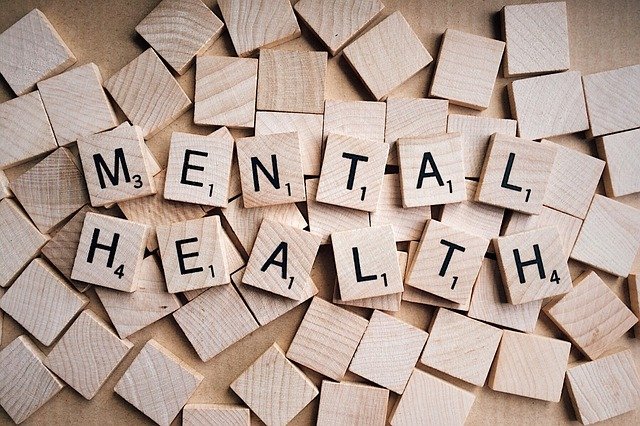Select committee report on children’s mental health – Sector Response

Sector Reaction to select committee report on Children’s mental health: @ASCL_UK @cyclingkev and @DrRosena
ASCL responds to select committee report on children’s mental health
Commenting on the report of the House of Commons Health and Social Care Committee on children and young people’s mental health, Julie McCulloch, Director of Policy at the Association of School and College Leaders, said:
“It is very worrying to see the committee’s conclusion that there is a risk of mental health provision for children and young people slipping backwards as a result of the extra demand created by the coronavirus pandemic and the scale of unmet need which already existed.
“Mental health services for young people have been under severe pressure for many years. The government’s underfunding of the education sector has reduced the capacity of schools and colleges to provide this form of support, and NHS services for young people who require specialist help are critically under-resourced leading to very long waiting times.
“The government’s green paper in 2017 was a step in the right direction and we welcome the progress made in creating mental health support teams in a proportion of schools to provide early intervention to support children and young people.
“However, we share the select committee’s evident disappointment that no funding to roll them out nationally was identified in the recent government spending review settlement and we agree that currently planned timescales lack sufficient ambition.
“We remain gravely concerned about waiting times for children and young people’s mental health services. The green paper in 2017 set out plans for the NHS to pilot reduced waiting times of access within four weeks. We fear that many areas far exceed this target, and only recently we heard from a school leader who reported a waiting list of 18 months
“The select committee concludes that significantly more ambition is needed over the provision of mental health services for children and young people. We agree.”
Commenting on a new report from the Health and Social Care Committee on mental health services for children and young people, Kevin Courtney, Joint General Secretary of the National Education Union, said:
“The findings of the select committee are damning but not surprising to those in the education sector. Our members know only too well that in too many cases young people’s mental health has deteriorated during the pandemic. They require specialist assessment and support, but supply is not meeting demand.
“Mental Health Support Teams currently work with only a small percentage of schools – approximately one thousand – and the target of 35% coverage by 2023/24 is just not good enough. Notwithstanding the issues of rollout, MHSTs can only support low to moderate mental health issues. Many on the waiting list will quickly require more specialist support.
“Successive Conservative governments have throttled the capacity of local authorities to fully support schools. They must recognise this and redouble their efforts to come to the aid of young people who need the help. Investing in training more MHST practitioners would drastically reduce the timeframe for rollout, in order that all schools benefit from early support by the end of 2022. That is the kind of ambition and sense of mission that is required at this moment.
“Assessment and diagnosis times have reached a critical point now. We agree with all the recommendations of this report. The government must listen and follow them through.”
Dr Rosena Allin-Khan MP, Labour’s Shadow Cabinet Minister for Mental Health, commenting on the Health and Social Care Committee’s report warning demand for mental health services for children and young people is pushing the NHS to “breaking point”, said:
“Our children futures can’t be put at risk because the Government continues to ignore the rising demand for mental health services.











Responses